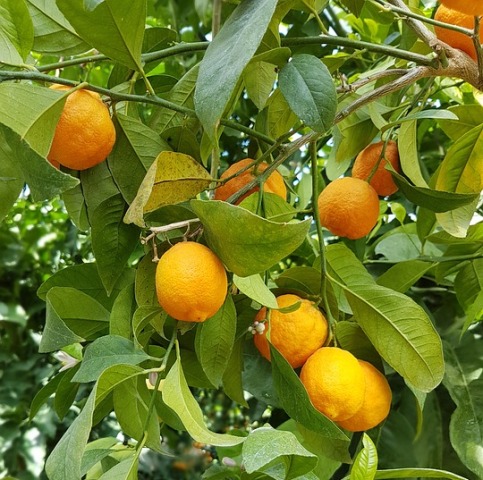W Cape Provides R2M to Combat False Codling Moth in Citrus Industry
Justin Chadwick, CEO of the Citrus Growers Association, expressed gratitude for the provincial government's support, emphasizing the importance of financial backing for agricultural innovation.

- Country:
- South Africa
The Western Cape Department of Agriculture has allocated a R2 million grant to the Citrus Growers Association (CGA) to bolster their Sterile Insect Technique (SIT) Programme, aimed at curbing the spread of the False Codling Moth (FCM), a phytosanitary pest that affects export crops such as citrus, table grapes, and stone fruit.
The SIT Programme, employing cutting-edge scientific methods, holds significant promise in reducing pests and ensuring that South African agricultural products meet the stringent standards demanded by international markets. Furthermore, the programme diminishes the reliance on environmentally harmful pesticides, thereby enhancing fruit quality.
Dr. Ivan Meyer, Western Cape Agriculture MEC, highlighted the importance of addressing the False Codling Moth infestation, asserting that it would contribute to increased export revenue for the citrus industry, thereby generating employment opportunities and uplifting rural communities.
The programme involves the rearing of False Codling Moth colonies in specialized facilities, where male and female insects are sterilized using Cobalt-60 radiation before being safely released in substantial numbers. The mating of females with sterile males results in the laying of eggs that fail to hatch, leading to a significant decline in the pest population.
Meyer noted that trials for the programme commenced in Citrusdal in 2005 through a collaboration with the United States Department of Agriculture and the International Atomic Energy Agency, culminating in the establishment of X Sterile Insect Technique (X-SIT), which currently oversees the SIT programme.
Despite its potential, Meyer acknowledged that the SIT programme faces financial challenges due to its high cost compared to less sustainable alternatives. Presently covering 20,400 hectares, the programme has the capacity to expand to over 4,000 hectares with sufficient funding, potentially creating 50 job opportunities.
Justin Chadwick, CEO of the Citrus Growers Association, expressed gratitude for the provincial government's support, emphasizing the importance of financial backing for agricultural innovation.
The infusion of R2 million funding from the Western Cape Department of Agriculture is expected to ease the financial burden on growers, ensuring the continuity and expansion of the vital pest management strategy. Meyer reiterated the government's commitment to a sustainable agricultural sector, underscoring the significance of the funding in safeguarding the citrus industry's future competitiveness in the global market while preserving the environment and fostering job creation.










